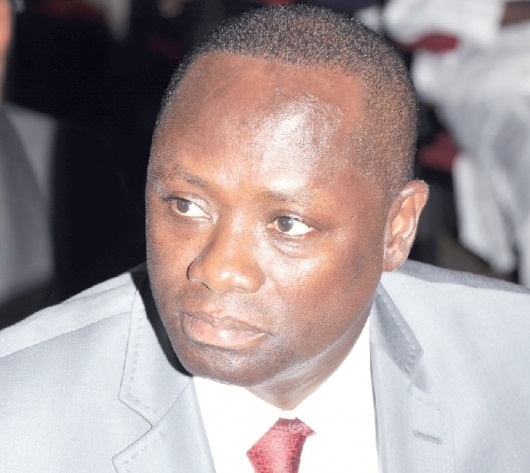
Individuals and businesses should brace themselves up for more power outages in the coming days, following the decision of the Nigerian authorities to stop gas supplies to Ghana.
The decision, which took effect from yesterday, followed labour unrest in Nigeria.
“The Nigerian authorities communicated this bad news to us this afternoon. We are working out emergency measures to forestall adverse effects on individuals and industry,” a highly placed source at the Ministry of Energy and Petroleum told the Daily Graphic in Accra yesterday.
“What the stoppage of gas flow to Ghana means is that the Asogli Power Plant will shut down because it runs only on gas,” it said.
The Asogli Power Plant was augmenting Ghana’s energy needs with an average of 180 megawatts (MW).
“This is certainly not good because other power plants are operating below capacity due to maintenance schedules, delay in crude oil supply and other factors,” the source said.
Power problems
Ghanaians, local and foreign businesses have been grappling with problems associated with the intermittent supply of electricity for several months.
The water level in the Akosombo Dam keeps dropping, while power plants in the country continuously operate below capacity.
Therefore, the suspension of gas supply from the West African Gas Pipeline will aggravate an already precarious power situation.
Hope
Despite the challenges, the source gave an assurance that work was on schedule to tie the Atuabo Gas Plant to the Floating Production Storage and Offloading (FPSO) vessel, which is being operated by Tullow Oil plc.
Thermal plants in the country are also expected to be powered by the gas which will flow from the Atuabo Gas Plant.
Additionally, two power barges expected to generate a total of 450 MW are being built in Turkey and are expected to be shipped to Ghana before the end of the second quarter of 2015.
Meanwhile, the first power barge, which has a capacity of 225 MW, has been constructed.
Background
There was an eight-month break in gas supplies from Nigeria to Ghana after a vessel broke one of the gas pipelines in Togo in August 2012.
Ghana’s demand for electricity is between 1,800 and 2,000 MW, but it is targeting 5,000 MW by 2016.
It wants to have enough to export to other West African countries by the end of 2016.
Source: Graphic


